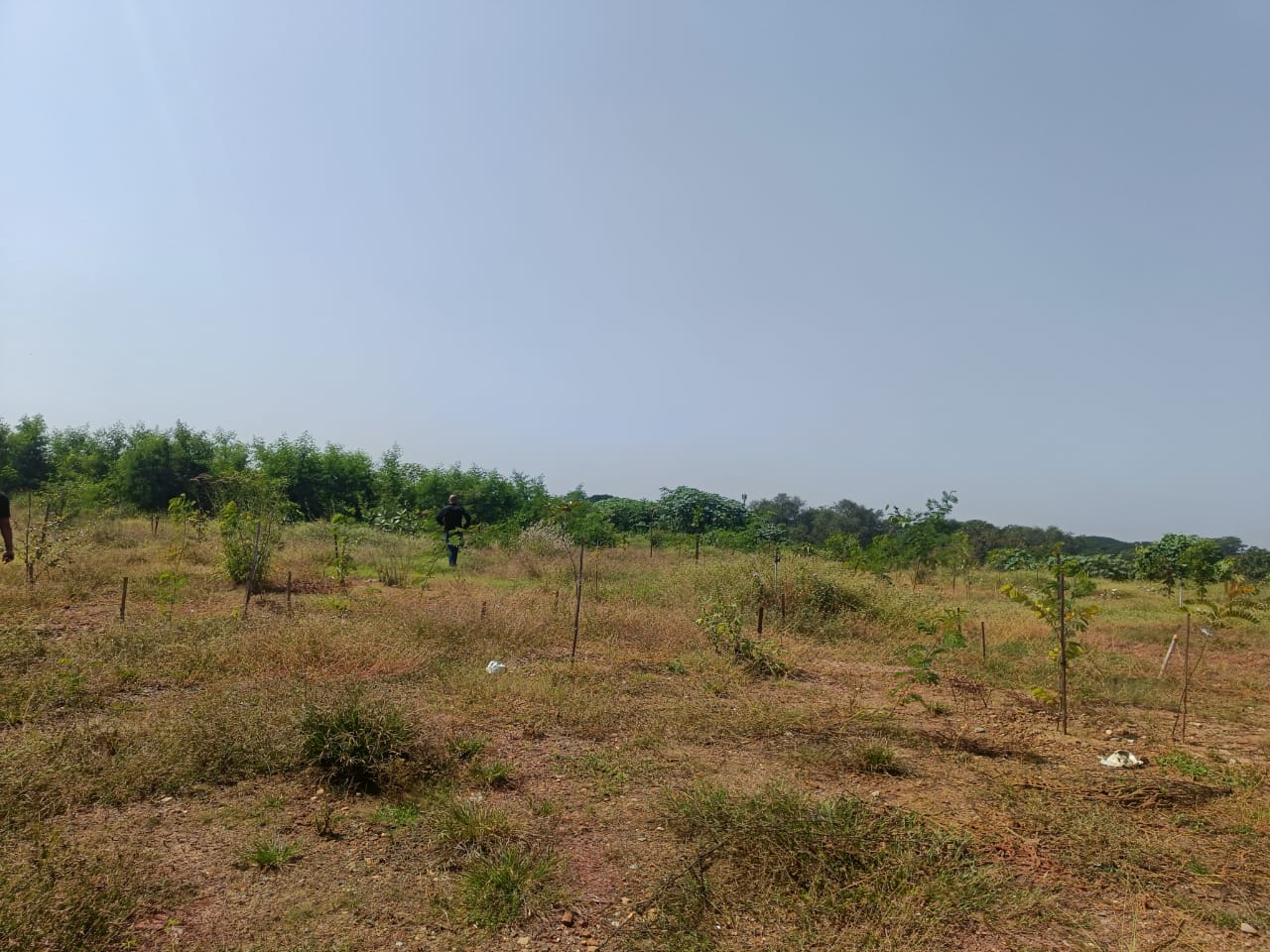
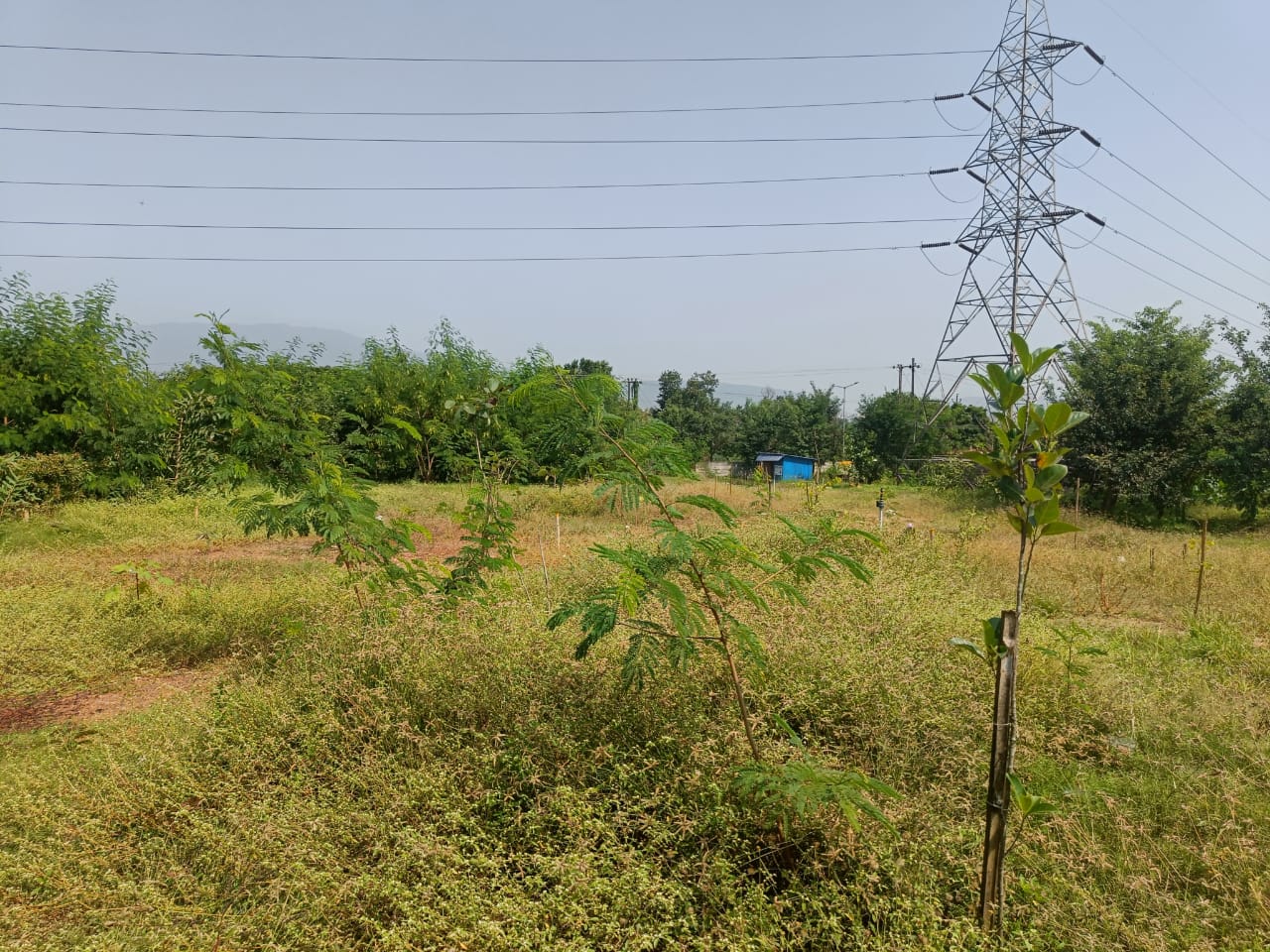
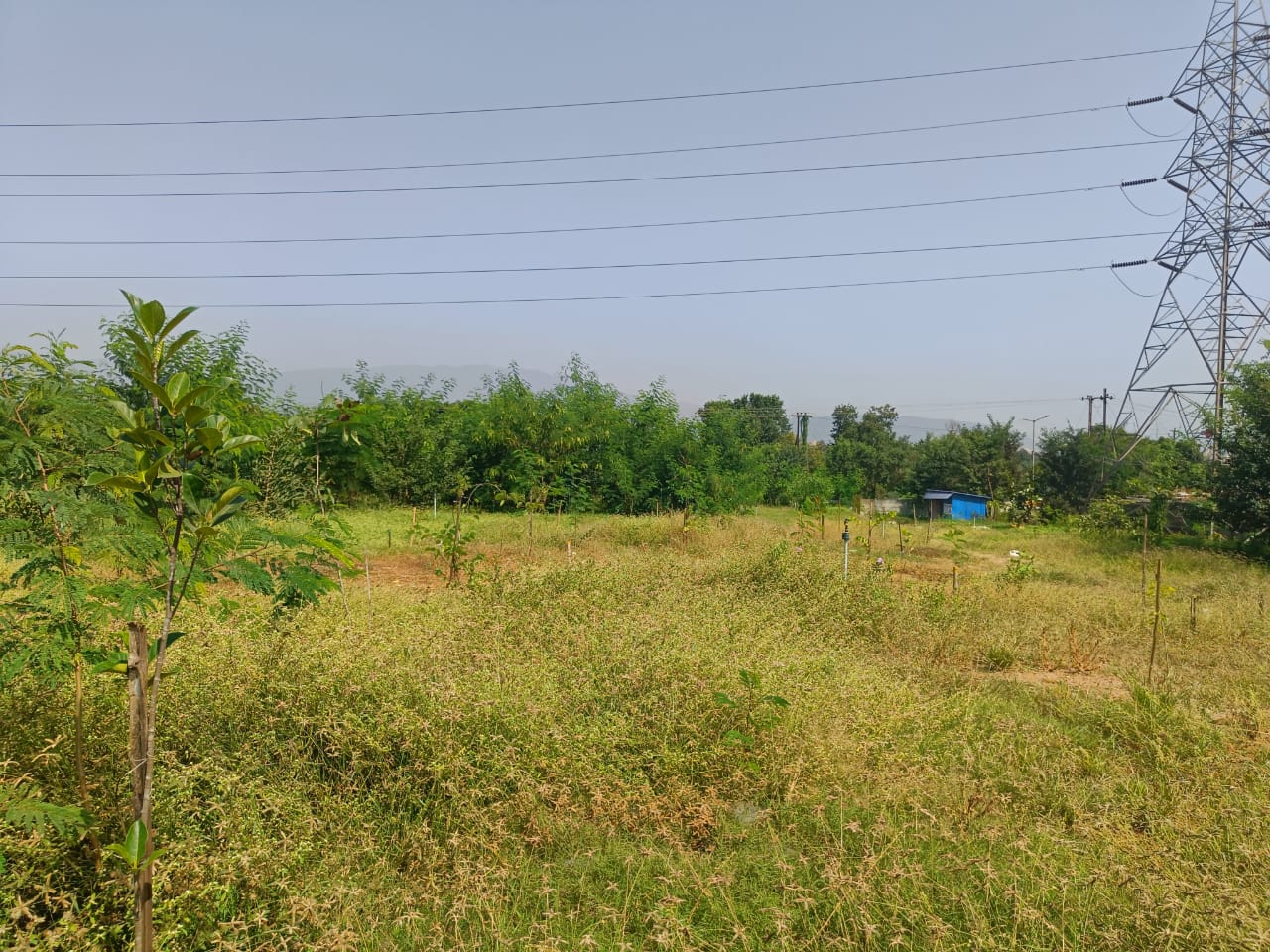
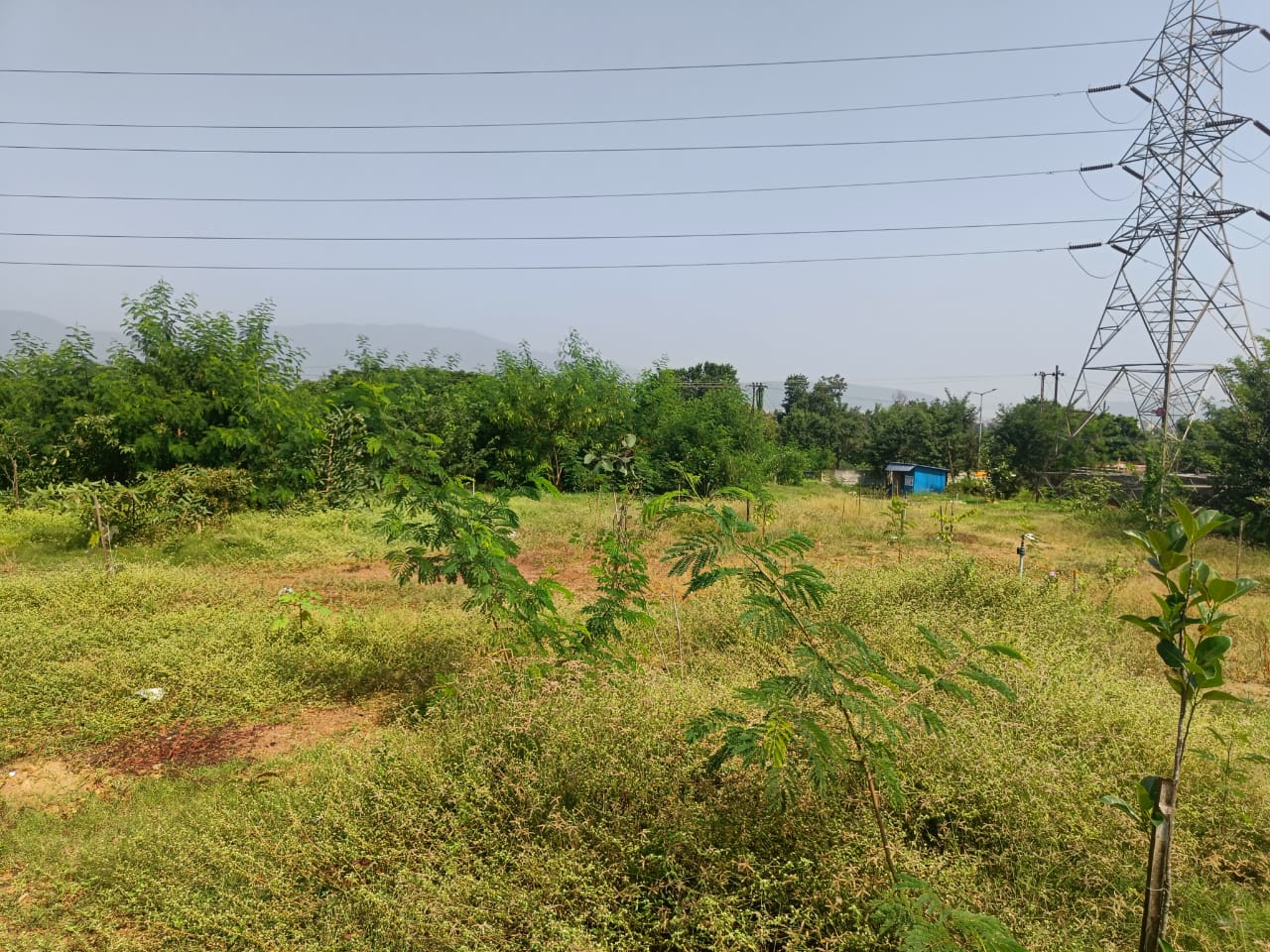
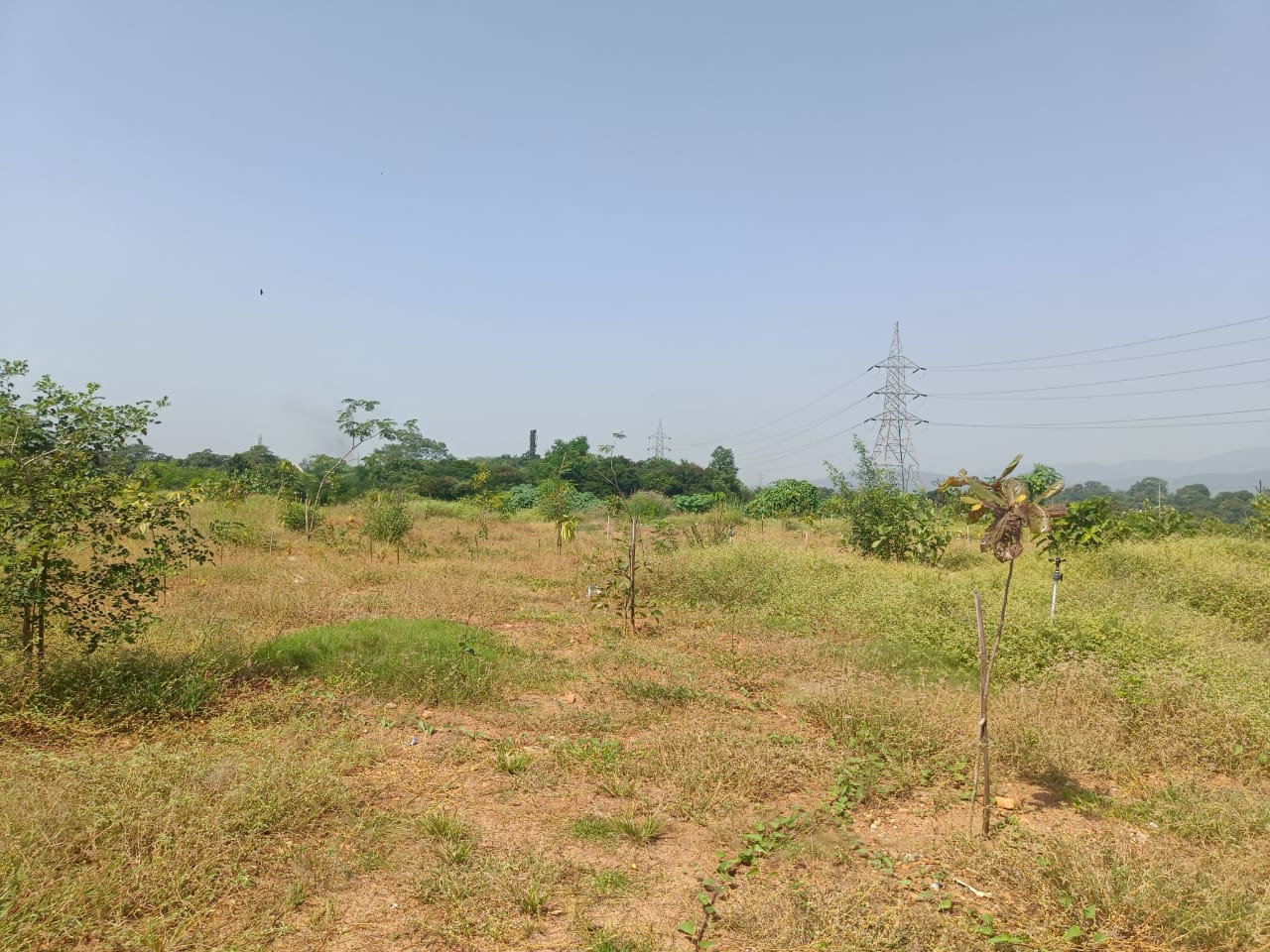
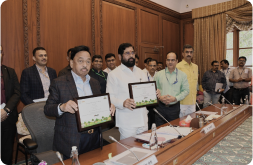
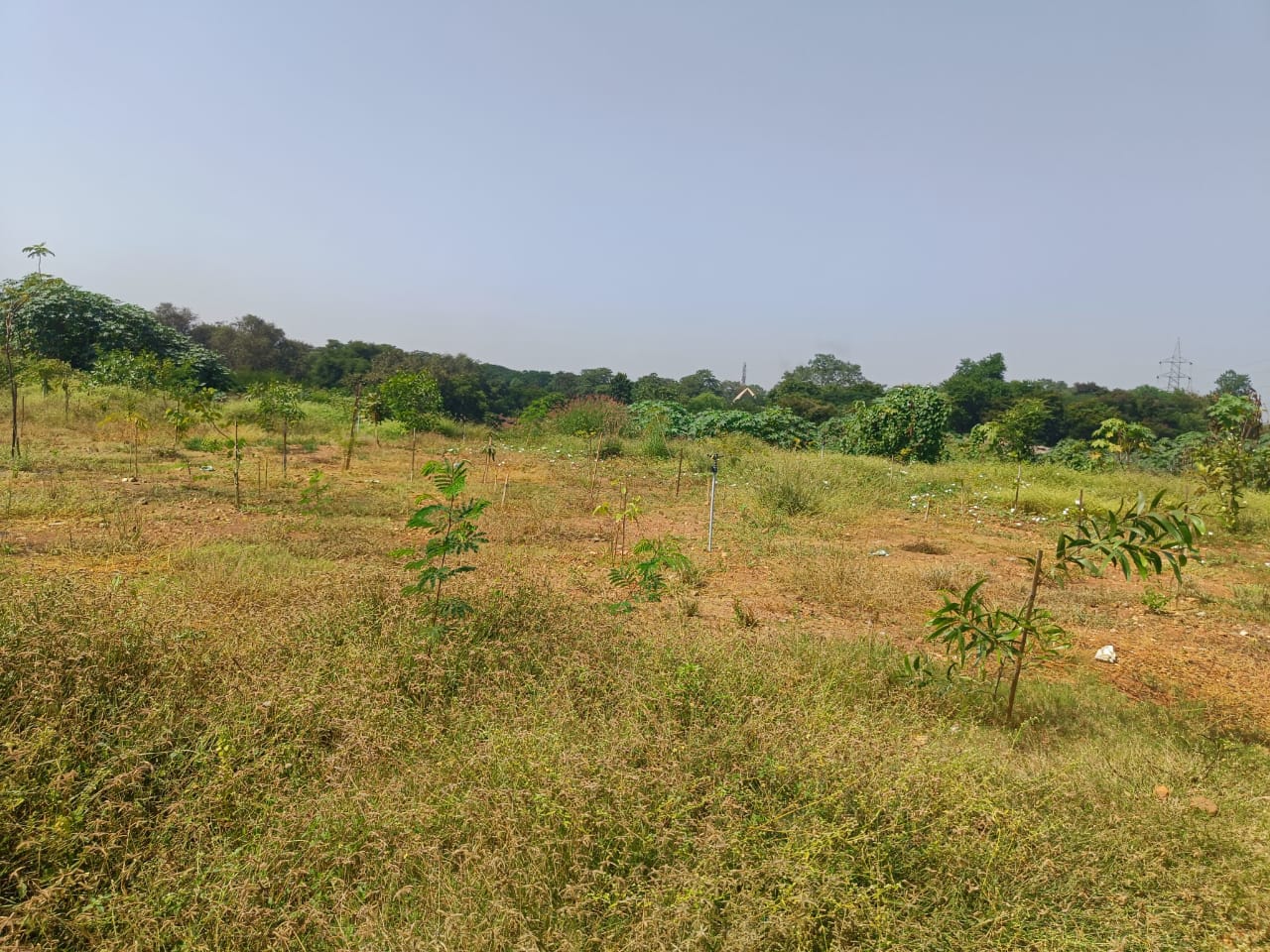
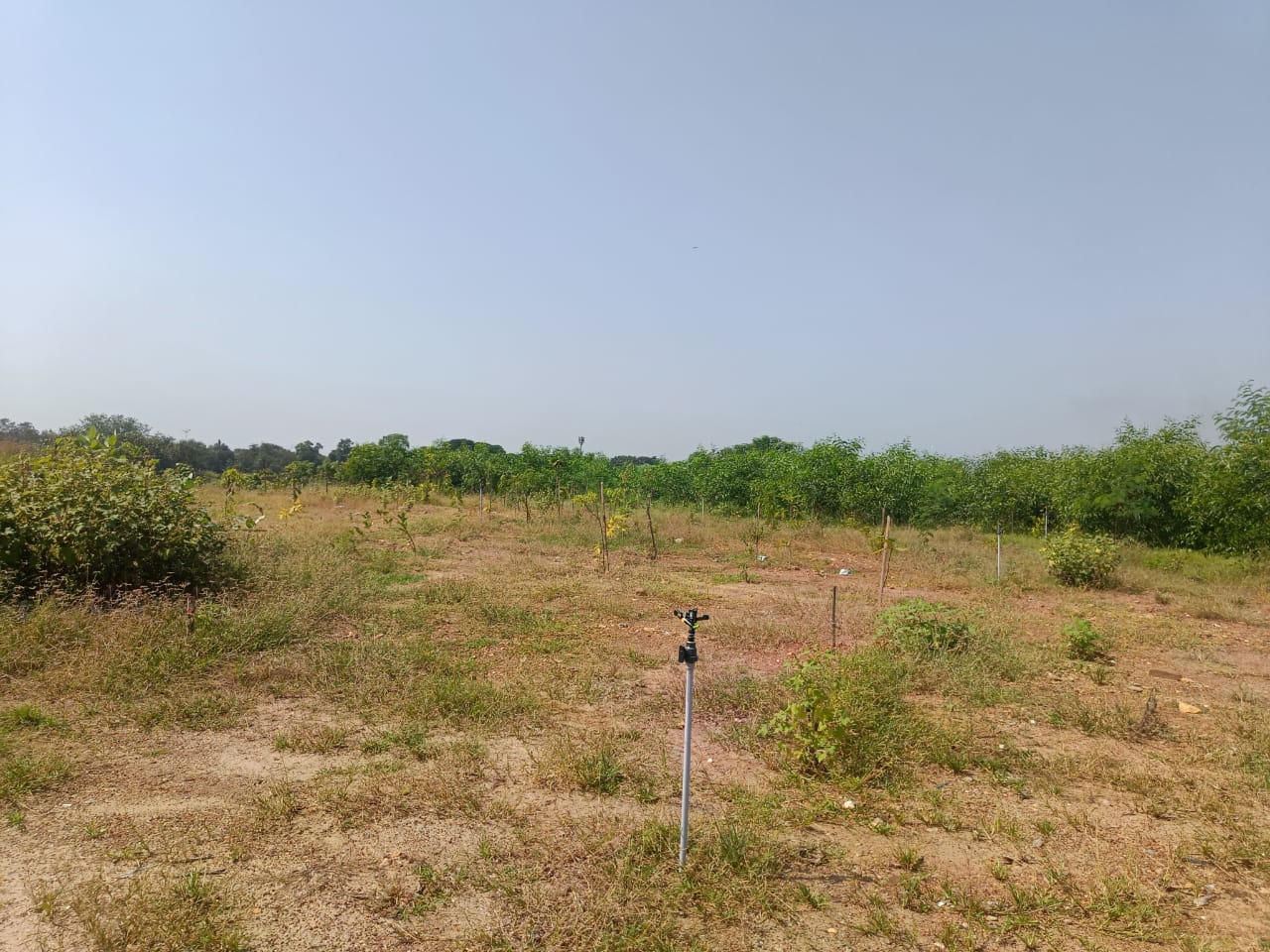
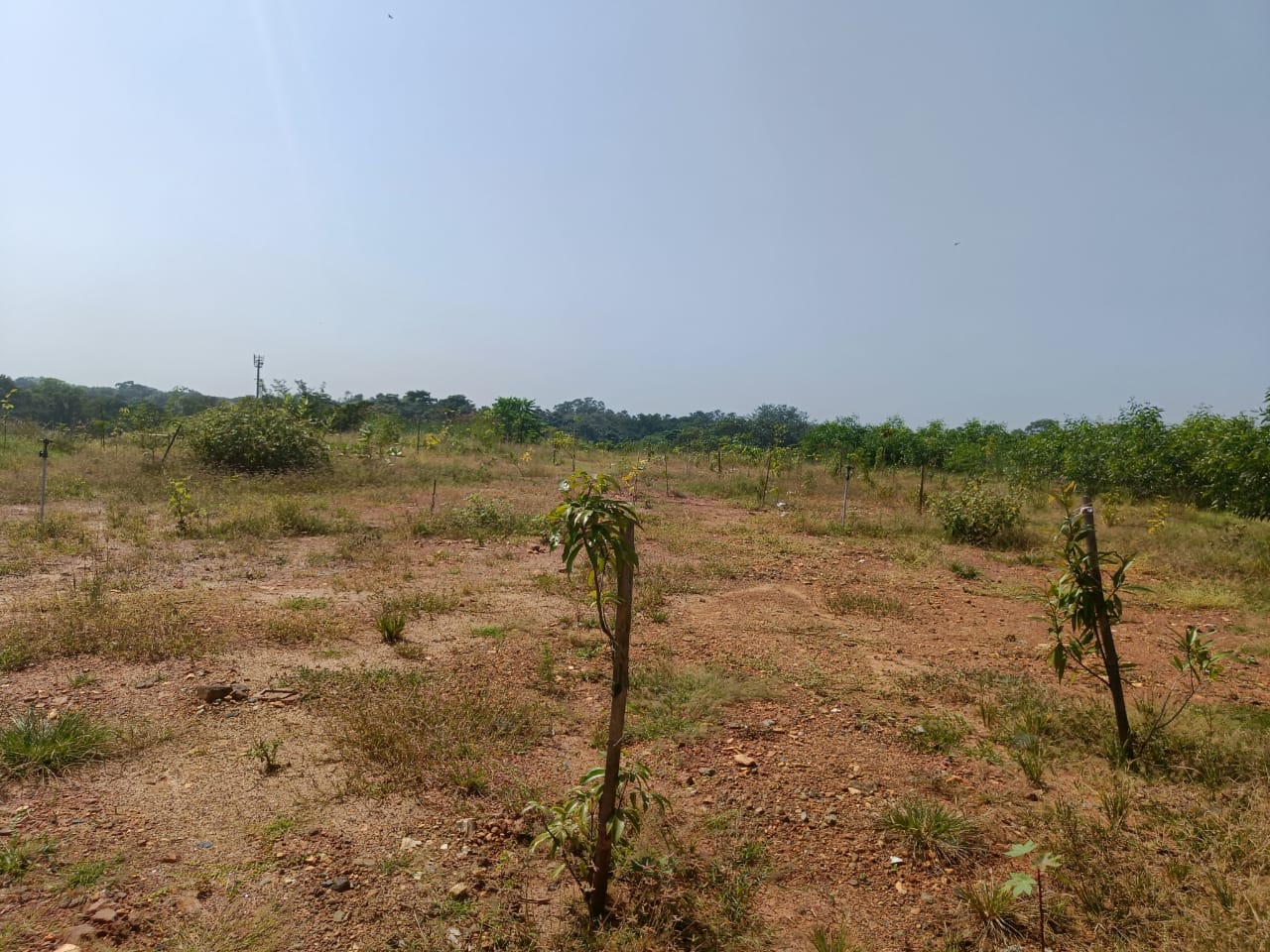

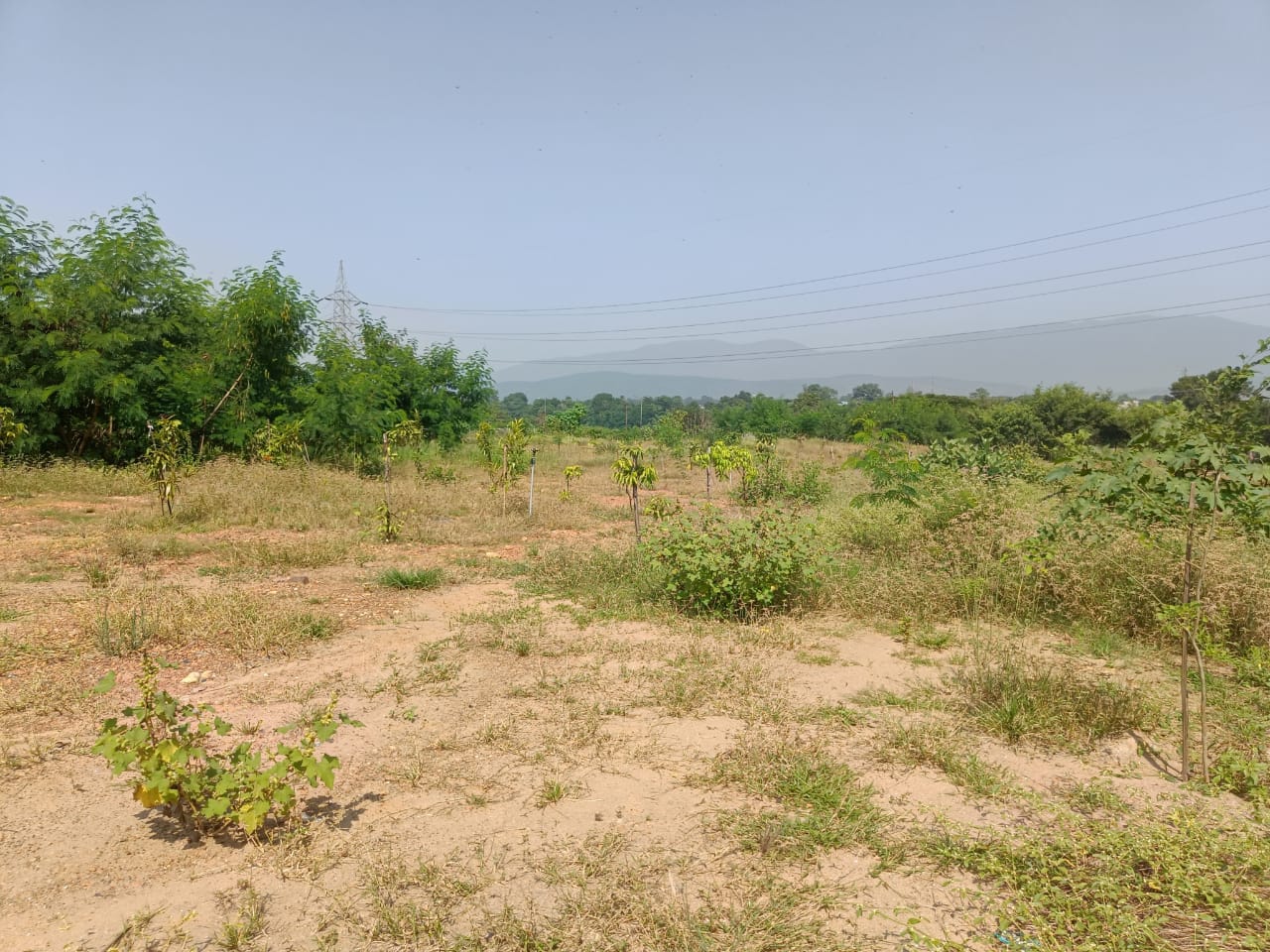
Project Target
0% Remaining
12,000
Trees Planted out of 12,000 Trees

Project Location:
The plantation project is implemented in the mini-forests of Jamshedpur City, Jharkhand, India.
Project Aim
SDG
Jamshedpur, named after the founder of the Tata Company, Jamshetji Tata is the highest populated city in the state of Jharkhand. It is synonymous with the steel industry it houses – the eighth largest manufacturing company in the world. The areas surrounding Jamshedpur are rich in minerals, including iron ore, coal, manganese bauxite, and lime, and host industries ranging from iron and steel, truck manufacturing, tinplate production, cement to other small and medium scale industries revolving around these products. However, being the industrial hub of the country comes with its own disadvantages. Owing to its multivarious factories and subsequent rise in population, the region is now prone to poor Air Quality Index (AQI). With a below average AQI, the environment is considered to be "Unhealthy" and dangerous for children and the elderly.
Due to urbanisation and massive deforestation activities, the cities have lost major parts of their greenery, which is now affecting the weather regulations. Planting trees are the most natural way of removing toxic agents from the atmosphere and have gradually become a necessity in and around the cities of India. With the rising air pollution levels and land degradation, reforestation has become a necessary measure for the preservation of the ecosystem. The Society for Ecological Restoration says that development is incomplete without the inclusion of the ecology and promotion of sustainable development. Plantation of mixed species will balance the nutrient content of the soil, increase its nitrogen-fixing capability, produce root exudates, and provide protection from pests and diseases. By acting as carbon sinks, trees help to compensate for the greenhouse effect through the sequestration of atmospheric carbon dioxide.
Further, planting these trees will prove beneficial in reducing topsoil erosion, decreasing the force of storms and down water runoff which in turn will help to replenish the groundwater table. Roots are especially beneficial for removing harmful nutrients from the aquifers. This also results in the overall reduction in street flooding and sedimentation in streams.
In this tree plantation initiative, species like Sheesham (Dalbergia sissoo), Neem (Azadirachta indica), Karanj (Millettia pinnata), Peepal (Ficus religiosa) and Acacia (Acacia auriculiformis) will be planted.
Tree plantation near the urban landscape of Jamshedpur can help in increasing forest cover for nearly 10 acres of land, improving the habitat for indigenous wildlife species. The trees will help to improve the overall air quality and ecosystem. Upon maturity, each tree can absorb approximately 20kg of CO2 per year which is considered globally as a conservative estimate for sequestration potential of trees. Trees will aid in removing particulate matter from the atmosphere, particularly small particles that are responsible for major air-pollution-related health hazards. Trees along urban areas can reduce the presence of fine particulate matter in the atmosphere within a few hundred meters of the plantation range.
Employment is generated for the rural communities in the entire plantation process, such as the selection of the land, nursery development, pit digging, plantation, and nurturing the planted saplings. Additionally, the mini forest will generate sources of indirect employment and extra revenue from flowers, fruit, fodder, and fuel. Planting trees will protect the watershed, improve the groundwater table, and reduce the impact of soil erosion.
Social Impact of Growing Trees
Community Engagement
Tree planting initiatives often involve local communities, which can lead to greater community cohesion.
Ecological Education
Provides opportunities for community members, especially children, about the importance of environmental sustainability.
Urban Beautification
Trees contribute to the aesthetic enhancement of urban areas, making cities more pleasant and liveable.
Climate Resilience
By improving green cover, tree planting helps make communities more resilient against climate impacts like heatwaves.
Employment Creation
Planting trees creates employment for local community members like planting and maintenance, administrative roles, and more long-term jobs in management.
Wildlife Habitat
Trees provide critical habitats for various species of wildlife. Enhancing tree cover helps preserve biodiversity, which can be an ecological boon for local communities
Copyrights @ 2025 All rights reserved by Pangea EcoNetAssets Pvt Ltd.